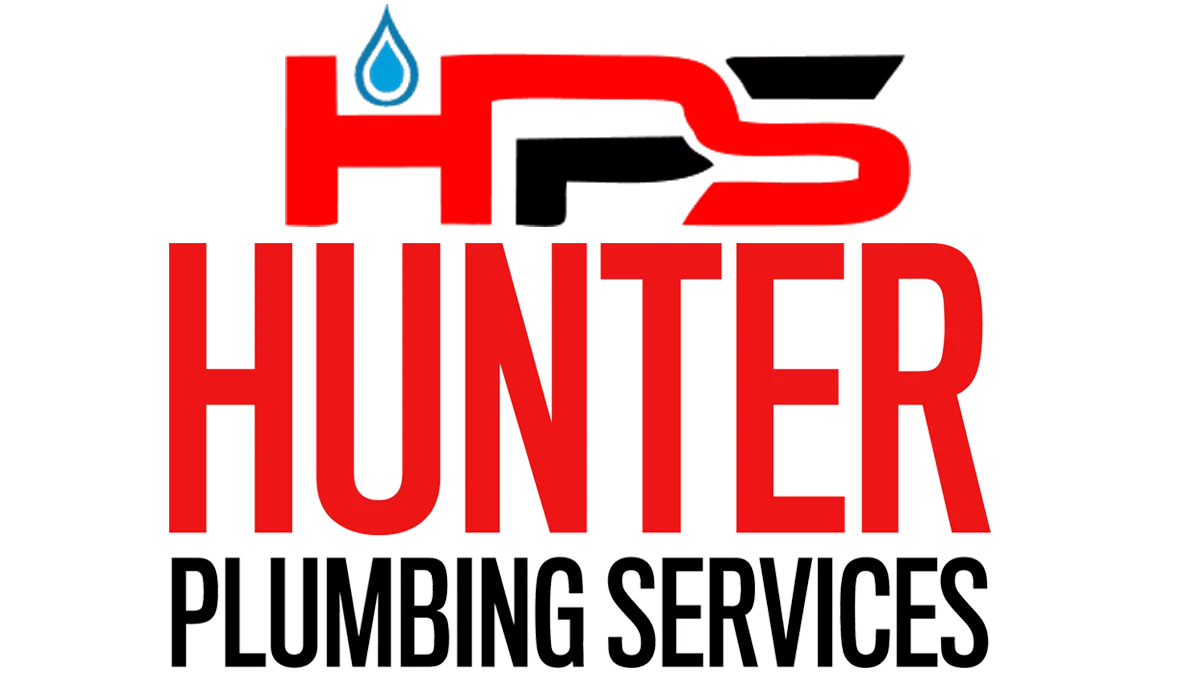Commercial Services
Hunter Plumbing Services LLC is a trusted provider of quality commercial plumbing work. We service restaurants, retail stores, office buildings, and hospitals.These are the services we currently provide:
- Sink Installation
- Drain Installation
- Toilet Installation
- Sink Repairs
- Faucet Repair
- Drain Cleaning
- Toilet Repair
- Sewer Services
- Emergency Services
Scale and Complexity
Larger Systems: Commercial plumbing systems are much larger and more complex than residential systems because they serve more people and cover a larger area. They may involve multiple floors, extensive piping networks, and numerous restrooms, kitchens, and water-using equipment.
Zoning: In large buildings, plumbing systems are divided into zones or sections to ensure efficient water distribution and waste removal.
